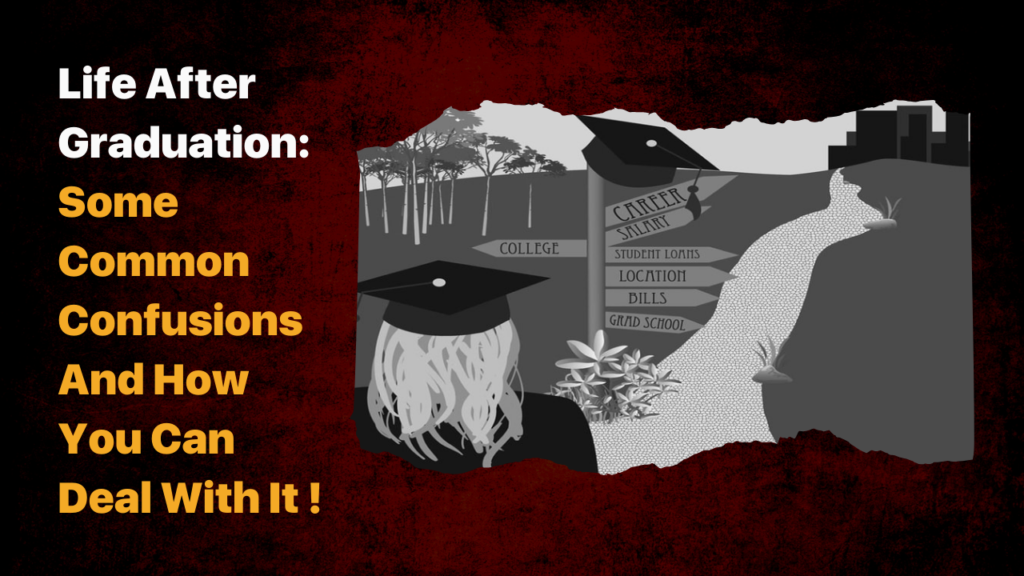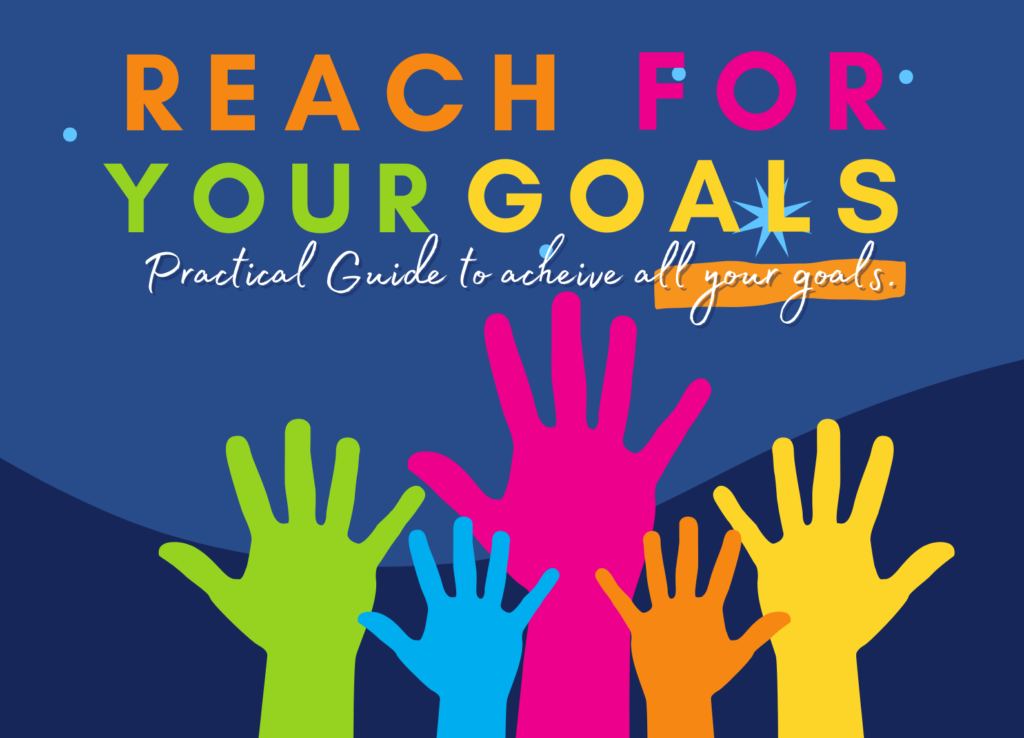Life After Graduation: As you step out of the familiar walls of college into the big world of careers, it’s natural to feel a mix of excitement and uncertainty. Which path should I take?
Am I prepared for the challenges ahead? What if I’m not good enough? It’s like being at a big crossroads with no map to guide you. Many young people struggle with deciding what to do for work, feeling unsure about themselves, and trying to find happiness.
But fear not! With the right mindset and strategies, you can confidently navigate this post-college transition, overcome doubts, and embrace the endless possibilities awaiting you. Let’s take a closer look at these challenges that many young adults face as they try to figure things out.
As you move on your post-college journey, it’s okay to feel unsure about what lies ahead. However, every challenge you will face presents an opportunity for growth and learning. Embrace these uncertainties as stepping stones toward realizing your full potential.
We are going to talk about some problems faced by many of you students after you complete college and share some tips that might help you to move forward in your career path.
Life After Graduation
Confusion about Career Path:
Many students find it confusing to decide what to do after college. College life is often seen as one of the most enjoyable times in life, where students spend a lot of time making new friends and having fun. However, sometimes students choose a subject they think they’ll be interested in, but end up not studying it much.
They might not take their studies seriously, leading to many students having no idea what they want to do after college because they’ve never really thought about it. This is a common experience shared by many. Sometimes students realize they’re no longer interested in the subject they chose.
If students find themselves unsure about what to do after college, there are a few steps they can take to figure things out. First, you can think about what you enjoy doing and what you are good at.
It’s important to consider your interests and skills. Next, you can explore different career options that match those interests and skills. This might involve doing some research, talking to people in different fields, or even trying out internships or part-time jobs to get a feel for what you like.
Doubts about Job Choice:
Some students who start working or interning may discover that they’re not interested in the job at all. Sometimes, even if you push yourself to take a job or you finally get one and decide to do it, you may realize that it’s not what you want.
After starting a job, students may doubt whether it’s the right fit for them. They might question if they made the correct decision or if they should explore other options.
If you’re doubting your job choice, take some time to reflect on what you enjoy and what skills you already have, or try learning some new skills that can pay you. Talking to a career counselor or mentor for guidance might work for you, but remember this: if the job is paying your bills, you can consider continuing with it. However, if you’re not learning anything, then you can always consider quitting.
Life After Graduation: Self-doubts
Sometimes after graduating, people feel unsure about how good they are at their job. They might worry if they have the right skills or if they can do well. It’s normal to feel this way, but remember, everyone learns and improves over time.
Nowadays, many people are posting a lot about their jobs and work experiences on social media like Linkedin or Instagram, providing valuable insights into the nature of various work and their requirements. It’s worth exploring these resources to gain a better understanding of different fields. Additionally, speaking with seniors at work or consulting with professors who can give you ground reality of any work field will help you the most.
Expectations vs Reality:
When students leave college and start working, they might have big expectations about their job. They might think it’s going to be all fun and exciting, whether they want to be creative, work in a big company, or start their own business. But the reality can be different.
They might face challenges they didn’t expect, like long hours or tough competition. It’s important for students to know that it’s okay to have big dreams, but they also need to be prepared for the hard work and ups and downs that come with it.
Life After Graduation : Financial Stress
You are not alone in facing it when it comes to the financial stress. Everyone faces this problem, even in their 10-15 years of career they face this financial challenge. It’s also true that many students indeed face financial stress after college.
Some feel pressure to support their families or become financially independent without relying on their parents for money. Others might have debts to repay, adding to their worries.
One solution could be to create a budget and stick to it, so they know exactly where their money is going. They could also look for part-time jobs or freelance work to earn extra income. It’s important for students to remember that it’s okay to ask for help and that they’re not alone in facing these challenges.
Life After Graduation: Lack of Experience
Many students face a lack of real-world experience when they enter the job market. This can make it hard for them to find a job or stand out among other applicants. One solution is to gain experience through internships, volunteer work, or part-time jobs while still in college.
Although many companies ask for previous work experiences to work with them, students can apply to work with start-ups. They are a great place to gain real-world experiences, or students can work with small companies having a small group of employees who are looking to a make team of their own in the future.
These opportunities allow students to learn new skills, build their resume, and make connections in their chosen field. Additionally, seeking out mentors or professionals in their desired industry for guidance and advice can help them navigate the job market more effectively.
By gaining experience and seeking support, students can improve their chances of success in finding a job after college.
In conclusion, facing a career crisis after college is more common than many students realize. It’s normal to feel uncertain about which path to take or how to navigate the job market. However, by seeking support, gaining experience, and staying open to new opportunities, it’s possible to overcome these challenges.
Remember, thinking of working only with big and popular companies will not work because they want experiences that you can gain by working with small companies or start-ups and take things one step at a time.
With perseverance and determination, you can find your way through the post-college career maze and emerge stronger and more confident in your chosen path. Keep believing in yourself, and you’ll eventually find the right career fit for you.

Stay tuned for more empowering content, and feel free to share your experiences and thoughts in the comments below. Let’s create a community of thriving leaders who inspire change and make a positive impact in the world.
(Disclaimer: Goalympics Team is updating knowledgeable content in this blog from official sources and is not aiming to promote any particular source or business through this; we also do not hold any copyrighting rights under our names for the content)


